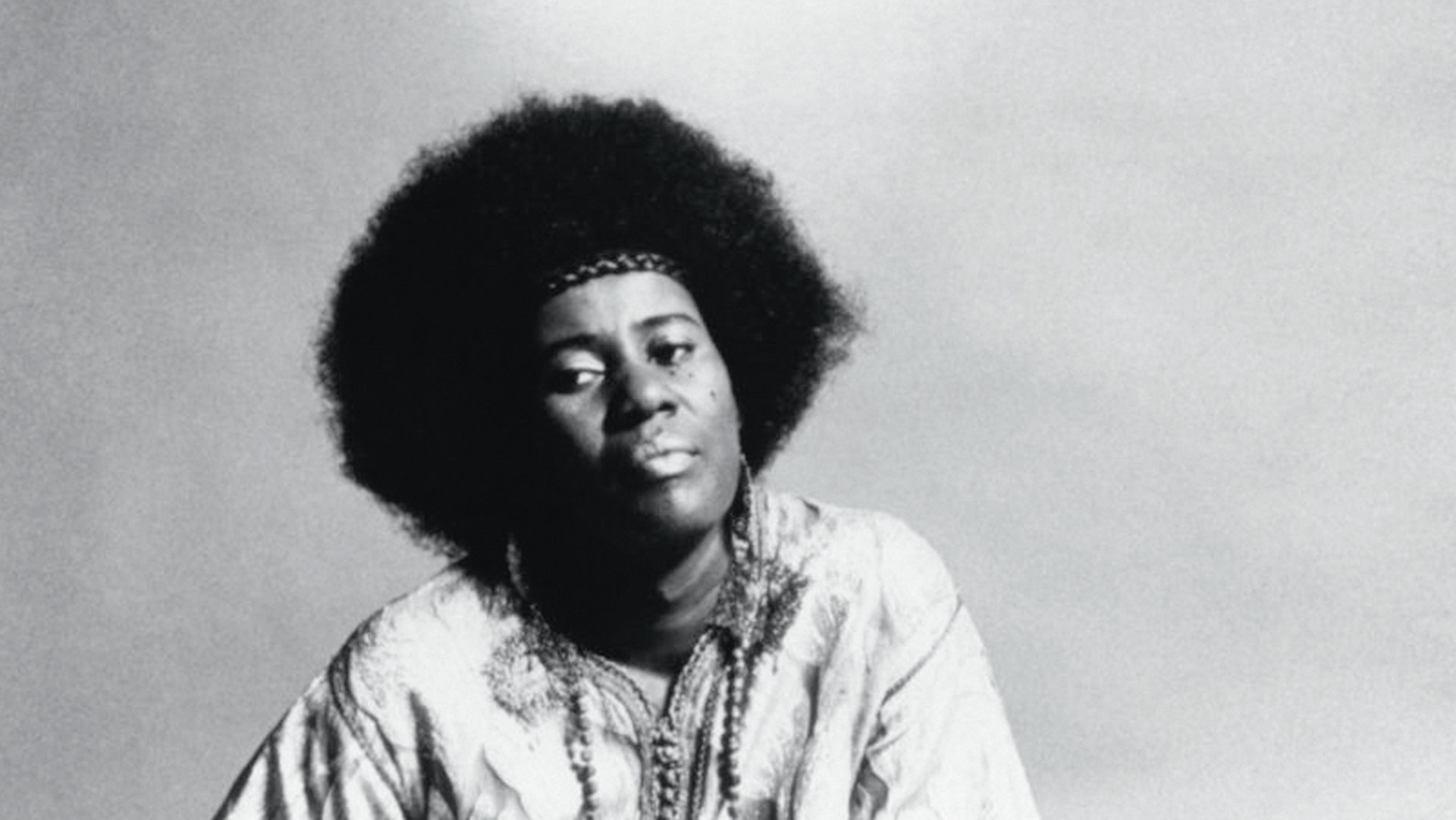Spring has finally arrived, and with it a stunning inaugural release to mark the Year of Alice, celebrating the music of Alice Coltrane, also known as Swamini Turiyasangitananda (or Turiya for short), whose luminous, profoundly spiritual sound is every bit as galvanising as the brightening season.
Alice Coltrane was a pianist, harpist, composer, bandleader, Hindu spiritual leader and the wife of John Coltrane until his death in 1967. Her interest in spirituality had an enormous bearing on her husband’s music, and she is credited with helping him to create his masterpiece, A Love Supreme, in 1965. John Coltrane has long been an emblem of the avant garde and free jazz movements, whereas awareness of Alice’s work, and the many albums she recorded as both a bandleader and accompanist, has steadily grown over the past few decades.
Get the latest news and insight into how the Big Issue magazine is made by signing up for the Inside Big Issue newsletter
Her family and estate, along with Impulse! Records and various other partners, are devoting an entire year to a celebration of her music and influence. The calendar will feature live performances, exhibitions and new releases, beginning with a live album recorded at Carnegie Hall in 1971, featuring such nobility as Pharoah Sanders, Archie Shepp and Jimmy Garrison among others, somehow lost in the ether until now.
Although the recording is over 50 years old, snowballing public enthusiasm for Coltrane’s music, not to mention a more open minded global audience, makes this an apt moment for release. Ed Michel, her long-time producer, concurs. “The audience and the world have changed,” he tells me. “In 1971 there was some doubt about which box this music should go into. Was it jazz? Free jazz? Psychedelic sounds? The audience was small for whatever this music was, but I felt that it would expand over time. The image was that when it was recorded it was like being at the tip of a cone, and over the years that audience would expand, like a cone. Given time, an audience would grow and decide for itself what box, if any, was appropriate.”
Michel oversaw the Carnegie performance and had hoped to release the recording immediately, but the record label weren’t confident of its commercial appeal. The master tapes were relegated to archive and subsequently lost; luckily Michel had kept a reference copy, from which this LP was created. When I ask why he thinks Alice’s music has begun to resonate more and more with modern audiences, he is hesitant to give one answer. “I have no way of knowing why the contemporary resonance,” he says. “I’d imagine that the astonishingly diverse set of horrible problems we as a species are facing would create a need for something to take us into a better experiential space. And certainly this music is that kind of something.”









